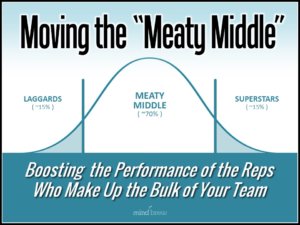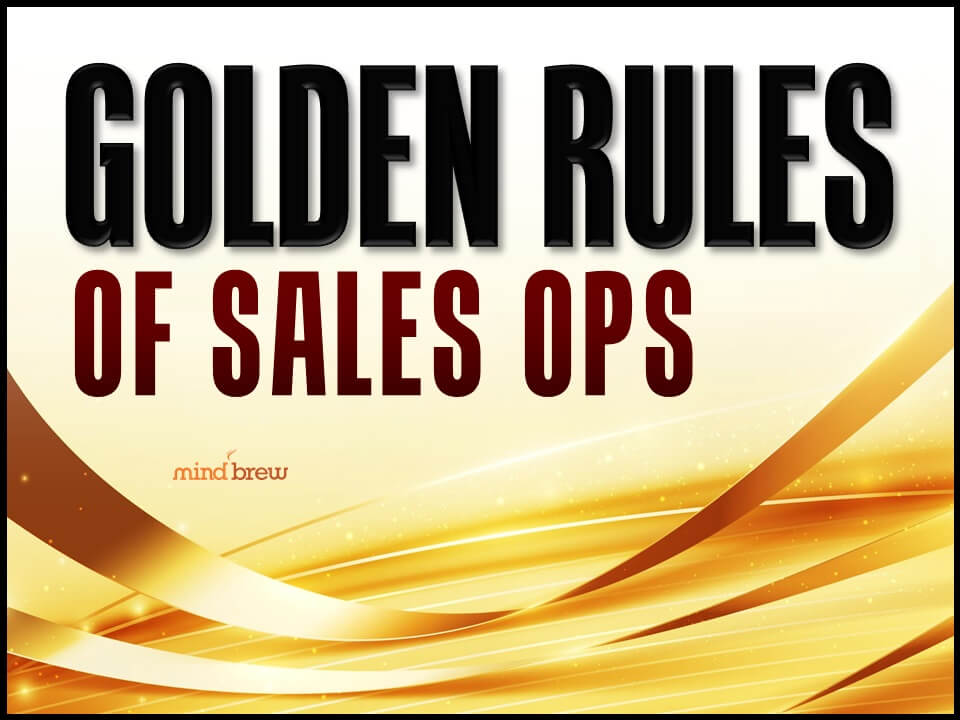A friend of mine has sons who play high school basketball. This particular team (like many basketball teams) has one superstar. It’s a rare night that the kid doesn’t have a double-double or triple-double, and it’s not unheard of for him to score 40 or even 50 points in a game. I fully expect to someday be watching this young man play at least Division I college basketball, if not in the NBA.
Despite having this incredible player, the team wasn’t doing all that well in the beginning of the season. Having watched him play for several years, the competing coaches knew that all they had to do to win was to shut down this one kid, so they regularly double- and triple-teamed him.
To solve the problem, the coach did something somewhat unexpected. He kind of ignored the superstar. The best player is already great, and his parents have hired a personal trainer who works with him regularly. The coach’s job in regards to this player is basically just to give him as much time as possible on the floor and recognize when he needs to sit down to rest.
The coach also didn’t spend a lot of time with his benchwarmers. He knows those kids are only getting in the game in rare circumstances, so they don’t have a lot of impact on overall wins.
But he spent a lot of time with his average players. He worked on their shooting and ball-handling skills. He drilled them to increase their stamina and strength. He taught them how to read the defense and be aware of what was happening on the floor.
The result? Improving all these average players just a little bit meant that other teams couldn’t focus solely on defending the superstar. And slowly but surely, the team started to win more games and tournaments.
By now, you’ve probably realized that we intend this to be an example of how you should approach your sales team. Your sales superstars in the top 15% are already doing the right things. While they often get a lot of attention in organizations, it might actually make you more successful to ignore them a little bit.
You can also probably limit the time and energy you give to the laggards at the bottom 15%. Efforts here are likely to have a small to non-existent effect on your bottom line.
But if you can make a small improvement — say 5% – 10% —in the performance of the 70% of the sales team in the meaty middle, that can have a huge impact on the company’s overall success.
Before you embark on this effort, we do have a few words of caution:
- Don’t assume the meaty middle just lacks the motivation to grow. Your average performers probably want to do well. They just need someone to show them how.
- Recognize that the 80/20 rule is largely BS in sales. If 20% percent of your sales team accounts from 80% of your sales, you have big problems. This is not the norm for B2B sales, and don’t believe anyone who tells you otherwise.
- Never lose sight of the overall performance levels and trends. While working to improve your average performers, you do need to keep evaluating any changes in light of what is happening in the market overall.
- Don’t get tripped up trying to turn the meaty middle into superstars. Most of the kids on that high school basketball are never going to be the best of the best. The same is true for your sales team, but that doesn’t mean helping them improve is wasted effort.
- Remember to take credit for your interventions and improvements. If your changes help the company do better, don’t be afraid to toot your horn.
For more tips, check out the webinar on Moving the “Meaty Middle.”
Now get out there and help your team win. . . . by ignoring some people.












